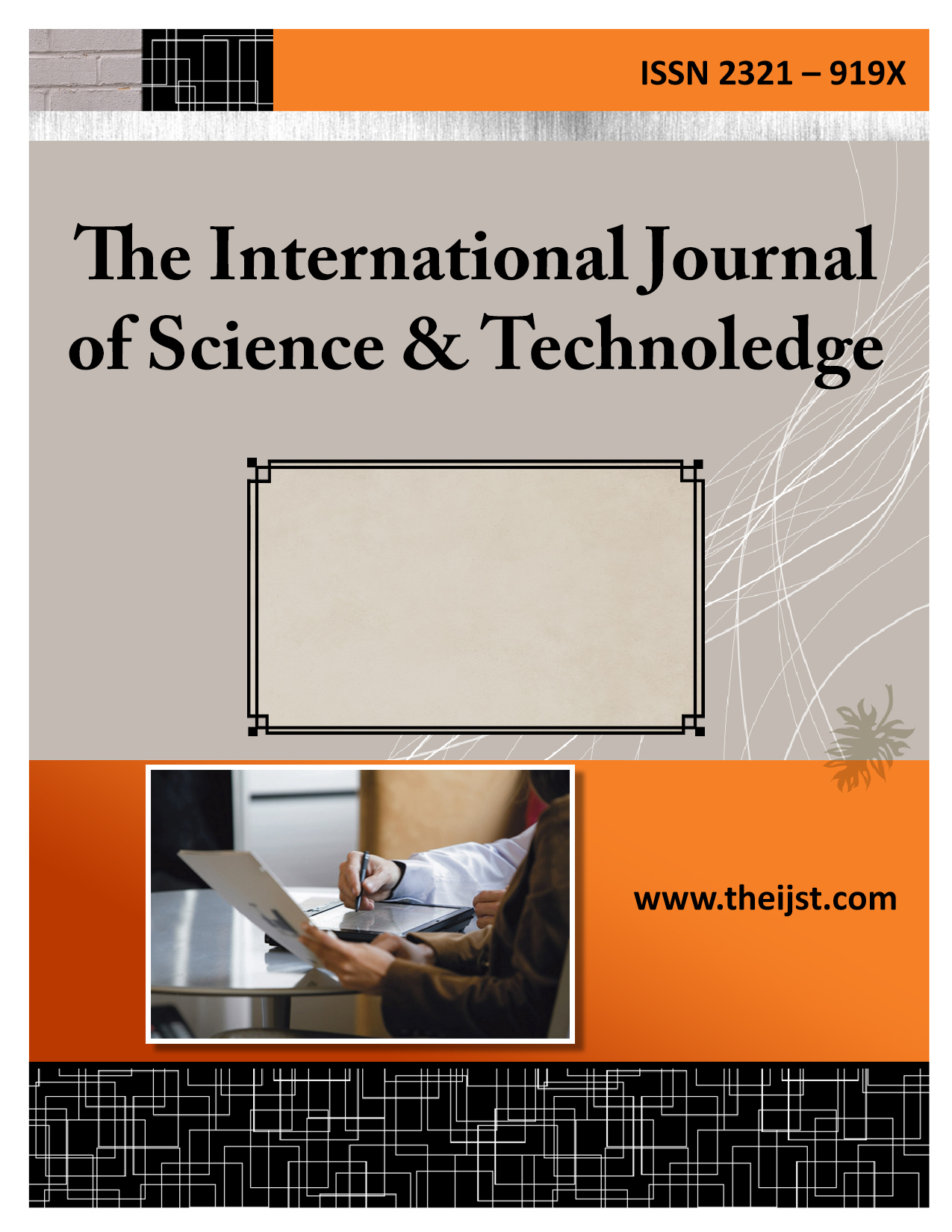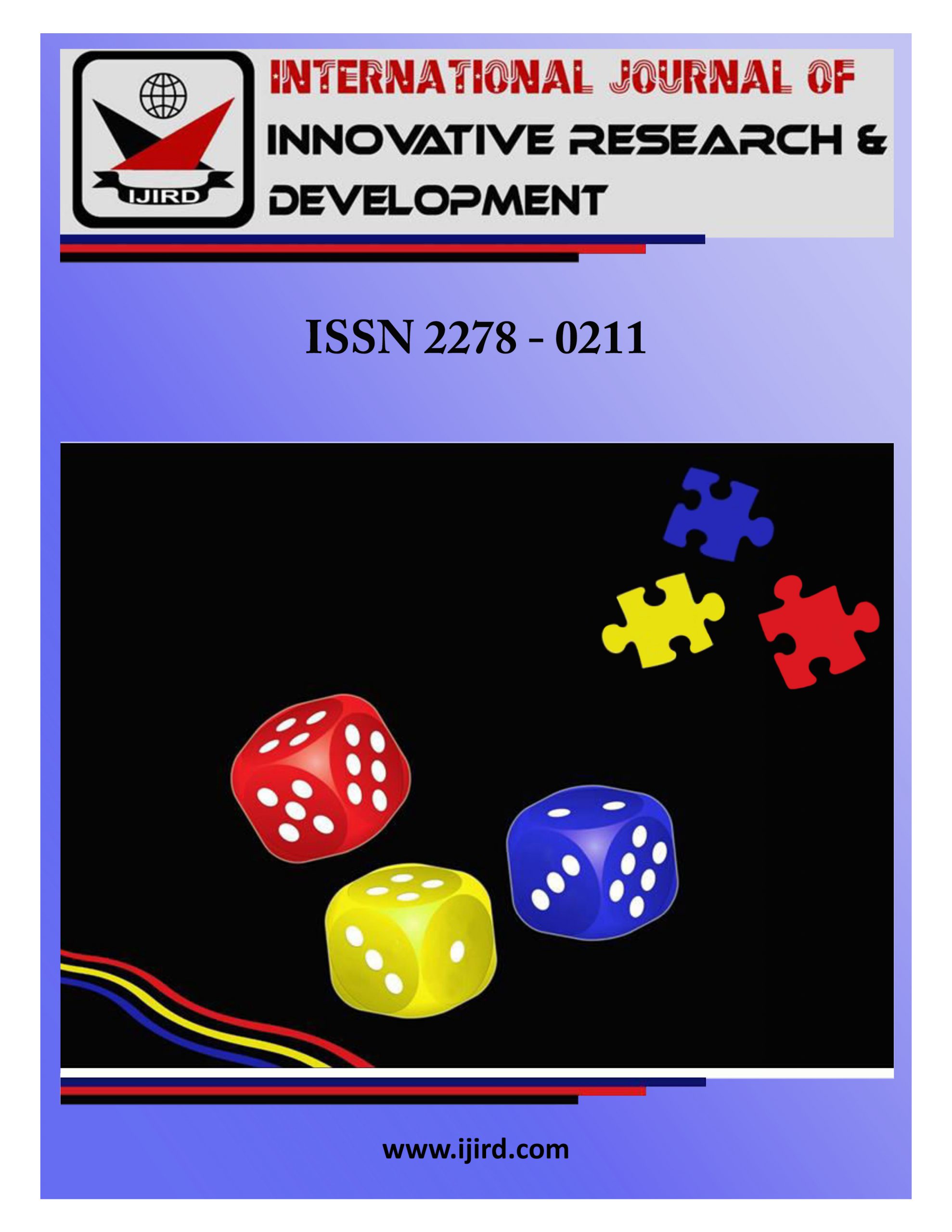Academia plays a major role in global transformations. The findings and discoveries from the incredible researches apply theory to practice and help in policy-building and system foundations. Therefore, it is important to promote a supportive research culture around us in the academic world, so that more such findings can benefit for social development. It should be the objective of international journal publications, to ensure a fair distribution and sharing of research findings through their open-access publication platforms. But a support system should exist within organizational leadership levels to promote a good research culture. It is not easy to achieve a uniformly satisfying research culture throughout, but steps towards improvement of research culture is necessary for institutional (i.e., university’s) reputation, as research productivity is affected by the culture in which it thrives.
Here are 6 Effective Ways to promote a Supportive Research Culture in the World-
Facilitate Open Discussions about Experiences– A positive research culture requires a support system for students and faculties, where everyone should learn from each other’s experiences and not judge negatively in any step. There should be open discussion platforms, via in-person meet-ups or electronic media, where people can share their research experiences, not only their effective findings, but also their less significant results; where people can share their successes as well as their failures in the way. There should be no such projection in the system, that seniors have reached their position by achieving only a series of successes. Juniors and new learners should be motivated with the challenges of their seniors too. This can develop a healthy interdependence between newer and older groups of researchers, where each group creates a supportive ambience for the other.
Maintain Research Integrity– An important aspect of research culture is an organization’s approach to research integrity – the formal and informal ethics, quality, protocols and policies researchers follow in their environment. Students, professors, research guides and leaders alike should maintain honesty in the task they conduct; they should uphold a basic commitment and respect towards their work. Everyone should closely assist one another to avoid data manipulation, plagiarism etc. Each person in the system should encourage the other in following protocols and policies so that a fair system can be nurtured. Research integrity goes beyond organizations. International journal reviews play a major part in publishing honest and quality research. Without demotivating authors, these houses must ensure rigorous peer-reviewing process with finest editors and proof readers to support and improve knowledge base.
Open Personal Relationships among Faculties– A developing culture of research requires open and collaborative personal relationships among faculty members. Congenial relationships among faculty members would support a successful faculty‐to‐faculty research mentoring initiative. Such mentorships stand to be an important element of culture establishment. Personal ties among faculty are also likely to foster collaborative research efforts, which are a hallmark of research culture success.
Involvement of Students in the System– The engagement and development of students in the system should be kept in consideration. Doctoral students who are exposed to research practices early in their education are more likely to complete their dissertations. Institutions may develop student research skills through research assistantships. They can also encourage students to publish in international journal, but without pressurizing them. Faculty mentors may also provide personalized research guidance. However, students’ opinion in research practices, research goals and objectives and methods should also be taken as input. This way the students can be supported towards a positive career opportunity and vision. They should not be in disappointment or stress that academia is a struggle zone.
Change is the Only Constant- Rules, concepts, ideas and positions cannot become stagnant. To incorporate fresh knowledge, we have to keep changing; that also involves making changes to age-old policies and replacing worn minds if required. Administrators must be prepared to tailor resource allocations based on faculty members’ current motivations and abilities. Those with high motivation and low ability will likely make the best use of training and support resources. Those with low motivation would likely benefit most from developing personal relationships both within their unit and within the larger academic community. This is not a way to deter slowdown or reject ageing resources, but an option to support hard-working and growing minds, who are looking for an opportunity to shine.
The Supportive Research Culture Should Be Set and Maintained at the Institutional Level– Sometimes, setting an example can promote a culture. If seniors and leaders in an institution practice supportive culture, they automatically promote it across all levels. Highlight the importance of research culture and engage all staff across the organization by hosting a research culture and integrity day. Presentations, workshops and panel discussions could be given from across the organization. Different departments could showcase the ways they have improved research culture and integrity, as well as addressing areas where there is still room for improvement. A prominent culture takes years to develop, hence it should be maintained continuously. New policies relating to research must be enforced with regularity over time. Once changed policies have been accepted, administrators must be prepared to meet continuing challenges, such as maintaining research funding, developing partnerships with outside institutions to expand research opportunities, and confronting institutional changes.
A supportive environment is pivotal to productive research. If your theories and knowledge are not accepted, you lose motivation to work hard and make more findings. In order to motivate people towards research integrity and commitment, the system should be established to be supportive to one another. People should work in collaboration and embrace their successes and failures alike in their journey towards research achievement. More rewards and recognitions in institutions, and the research world in general, might be required for developing a supportive culture in the research world.










